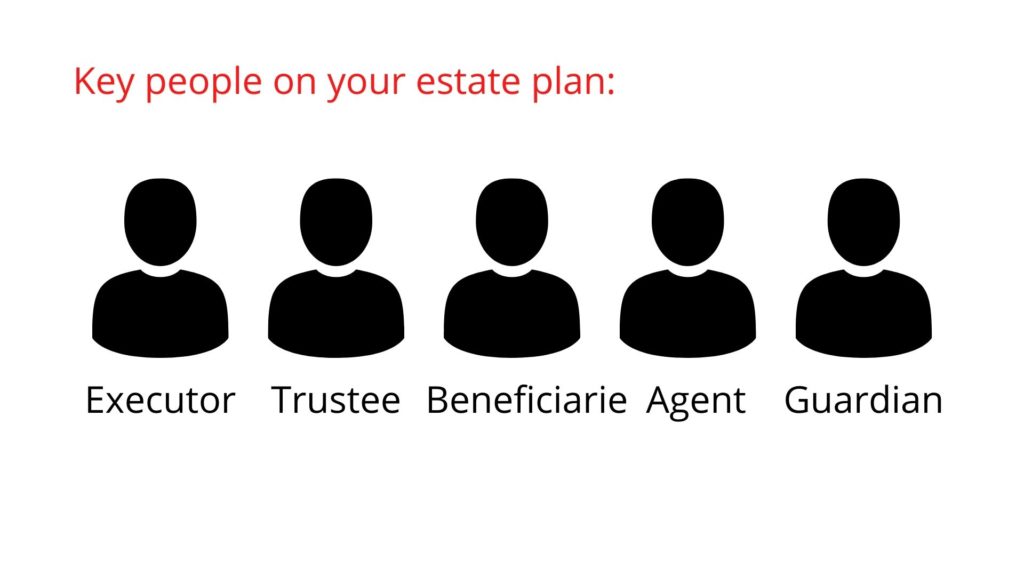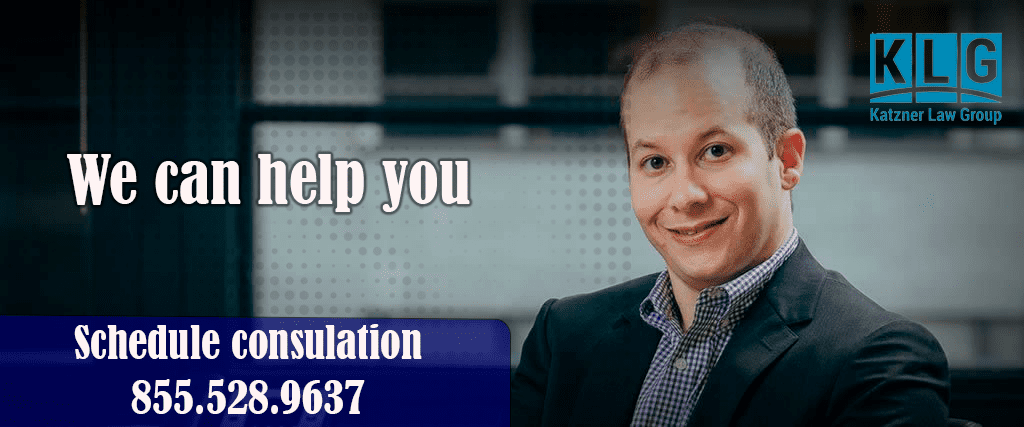The estate planning is the process of making decisions about what happens to you, your hard-earned assets, money, and property when you can no longer decide for yourself. Your estate plan should include input from many people. If it doesn’t, it may fall short of your expectations and be ineffective at meeting your goals. Let’s look at the roles of people involved in estate planning
Once the important thing property making plans files are established- which consist of a will, a long lasting energy of legal professional for economic matters, a fitness care energy of legal professional, and a dwelling will– it’s far vital to define the jobs and duties of the people named to serve in the ones files.
Each file calls for which you call a person that will help you both all through your lifetime or at death. Key people to name include:
The executor of your Last Will and Testament
If you have a very straightforward estate and decide to proceed with a Last Will and Testament based estate plan (as opposed to a Revocable Living Trust-based plan as discussed below), the executor, also called your personal representative, is the person responsible for settling your affairs. This person may also be called an administrator if you should die without having a will. The executor’s responsibility includes collecting and securing your property and accounts, paying your creditors, filing and paying your taxes, and ensuring that your property and assets are distributed to your beneficiaries following the terms in your Will. Executing a Will can be very time-consuming and requires choosing someone you trust to handle the role’s responsibility. The executor will oversee the entire probate process. According to their standard operating procedure guidelines, the court will appoint an administrator for your estate if you do not have a Will. If this should happen, your property and accounts will be distributed to whomever state law determines should be the recipient.
Trustee of a Revocable Living Trust
A Revocable Living Trust is used to avoid the probate process, protect the privacy of the trust owner and their beneficiaries, plan for incapacity as well as death, and minimize estate taxes. The trustee is the person or company who manages the assets in the trust for the trust owner. The trust owner is commonly the first person who serves as the trustee, but generally, a backup trustee is appointed. This person or company is known as the successor trustee. It is a good idea to appoint at least one or more alternate trustees in case your successor trustee is unable or does not want to serve as the trustee when you can no longer do so. The trust agreement outlines your wishes and instructions for the trustee and therefore determines the scope of your trustee’s responsibilities. Trustees usually manage and invest the trust property and accounts, pay bills, file taxes, and distribute the trust assets to the beneficiaries as stipulated in the trust agreement. Like the role of executor, this is a role with significant responsibilities and, therefore, must be given to someone who is trustworthy. Some trusts can be complicated with various properties, multiple accounts, investments, and intellectual properties. Here, you may wish to choose a trustee who is a professional and specializes in managing complicated trusts. Choosing a trustee who understands their role’s scope of legal responsibilities is essential, as they are held to a higher standard of conduct called a fiduciary duty to manage your trust assets.
Heirs and beneficiaries
Heirs are family members who are entitled to receive a portion of your estate after you die. Spouses may or may not be considered heirs as they are joined to their spouses by marriage. A beneficiary does not need to be a family member. They can be a person or organization you have identified in your will, trust, or another legal document to receive part of your estate. As recipients, beneficiaries and heirs do not have any responsibility to you. To ensure that your estate is distributed as you intended, heirs and beneficiaries must be properly identified in the relevant legal documents.
Agent
An agent is someone to whom you give authority to act on your behalf. Examples include a financial power of attorney and medical power of attorney. Your financial and medical agents may sometimes be referred to as proxies or representatives, depending on your state. Your financial power of attorney has the authority to manage your financial affairs, even when you are still alive if you are unable or unwilling to act. They may pay your bills, file your taxes, and manage your property. Your medical power of attorney makes medical decisions for you if you cannot make these decisions for yourself. Examples of these situations in which you cannot make decisions may include being unconscious or under anesthesia. You determine both the scope and powers that you give to both your healthcare and financial powers of attorney. You may choose one person to act in both roles or different people. When selecting an agent, ensure that they will act as you would want them to if you were making the decision yourself. It is essential that you have an in-depth discussion with your designated agents to ensure that they fully understand your wishes.
Guardian for minor or dependent children
If you have minor children or other dependents, it is essential that you name someone to care for them when you cannot due to incapacity or death. A guardian can be named in your Will or, for short-term guardians, in a separate document called a nomination of guardian, depending on your state. Again, this is a role that assumes great responsibility, so you must select someone you trust and who has very similar values to yours. If you fail to nominate a guardian, it will be up to the court to decide for you.
We can help you
If this sounds like a complicated process with the potential to make decisions that have a long-lasting impact, you’re absolutely correct, and if you need help our team has a long history of creating estate plans that meet each client’s individual needs and desires. Contact our office today to schedule an appointment.










